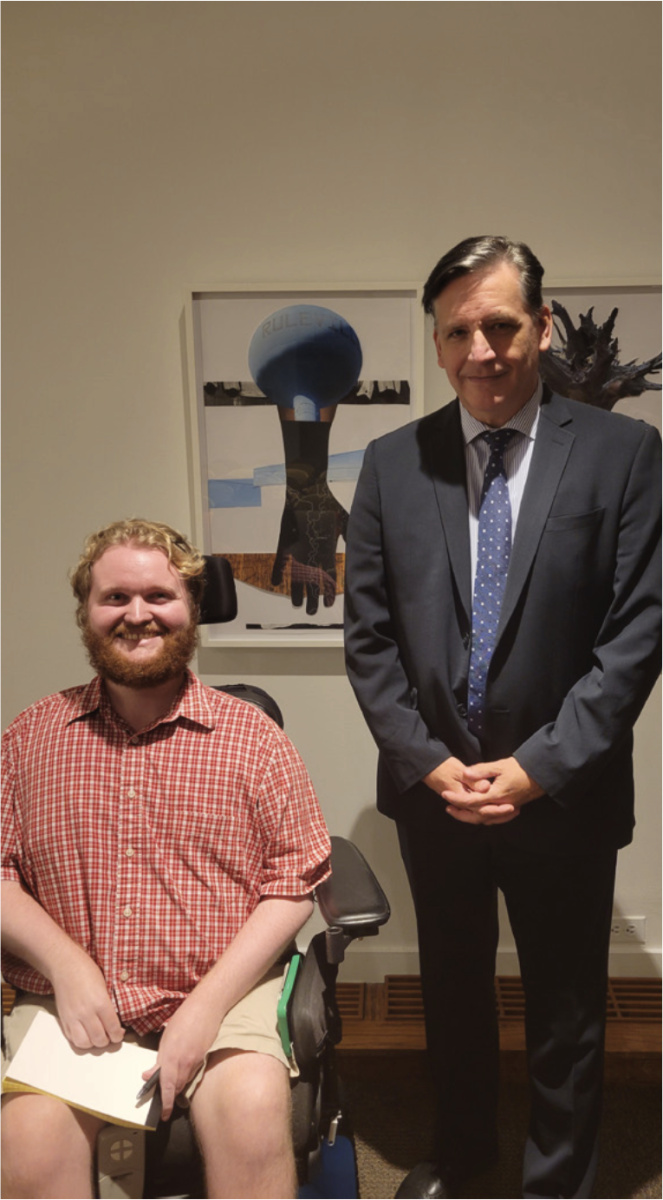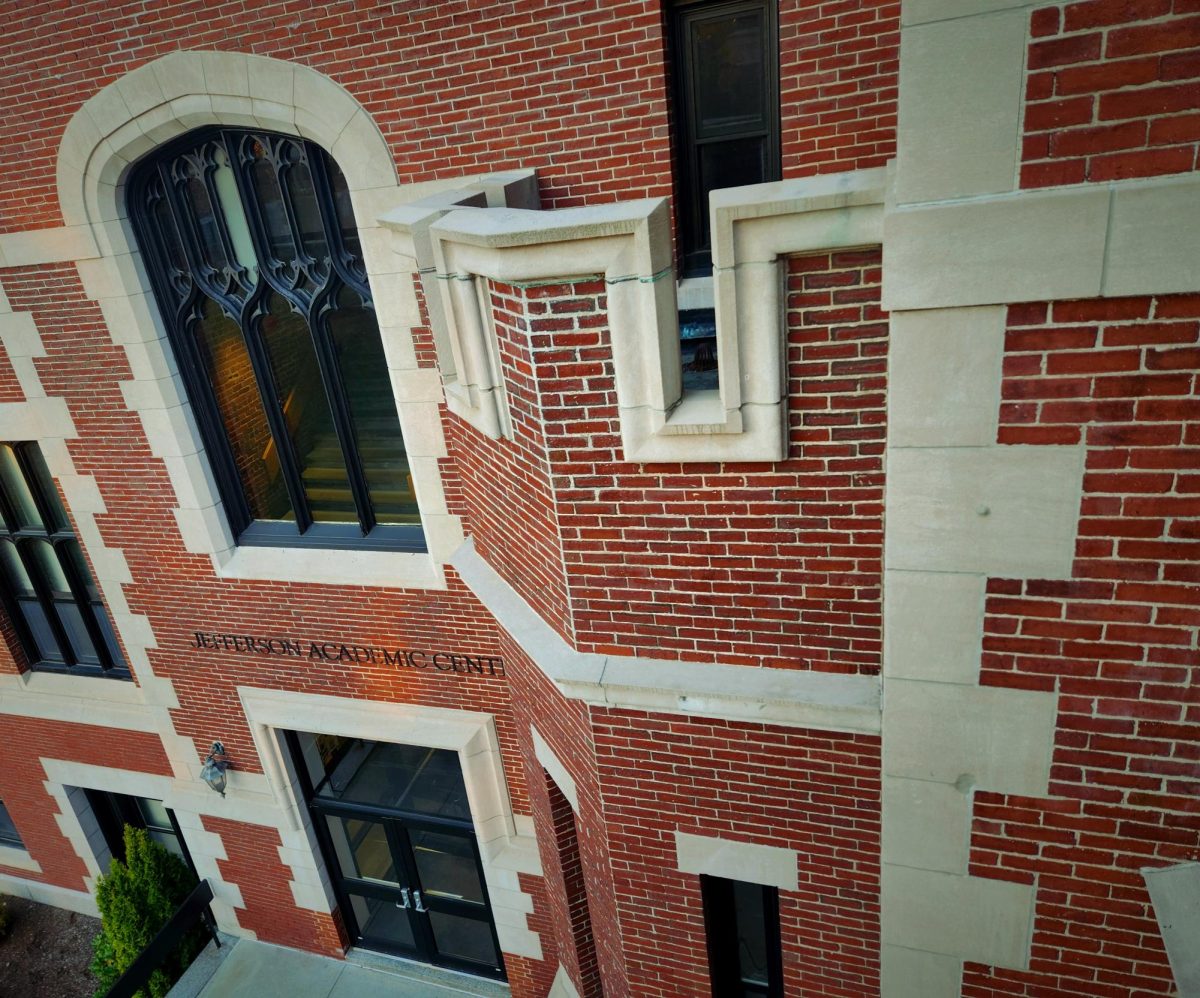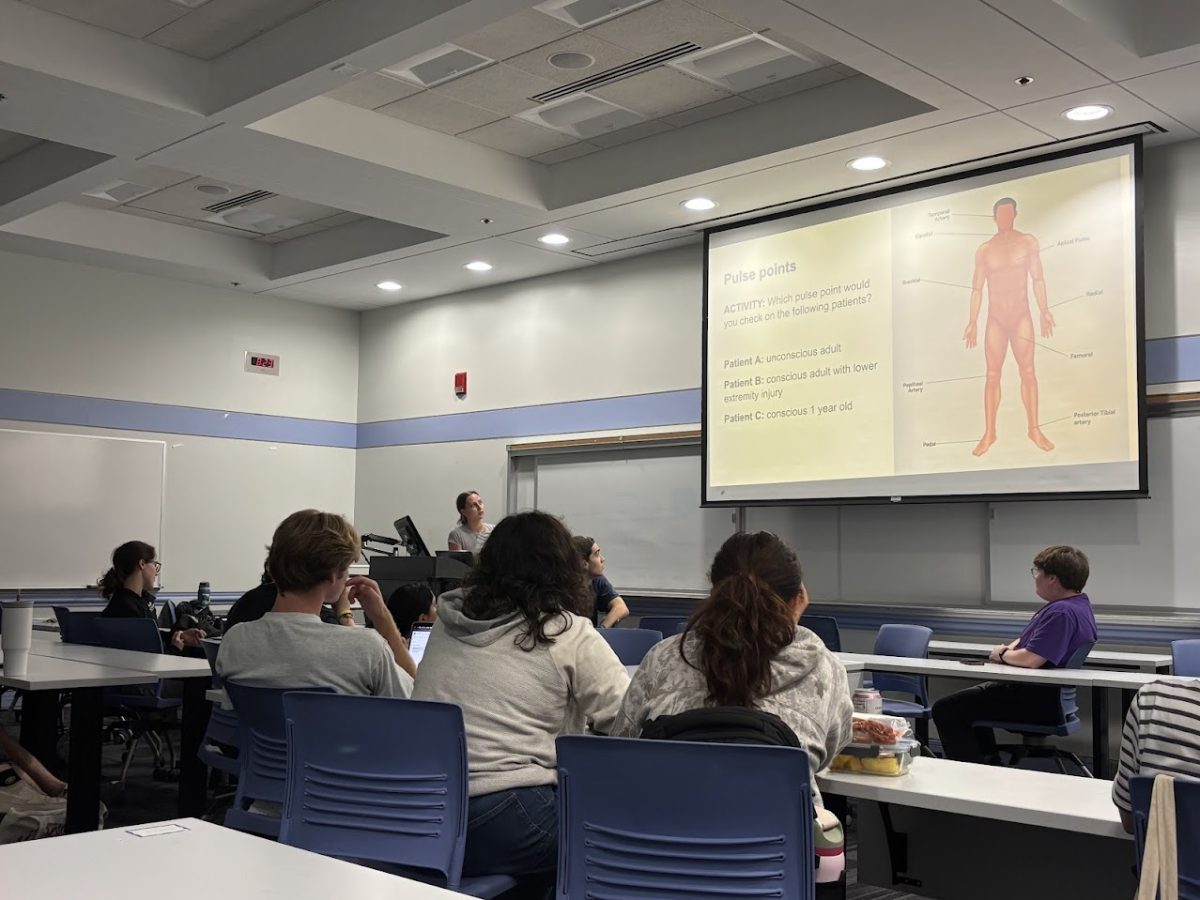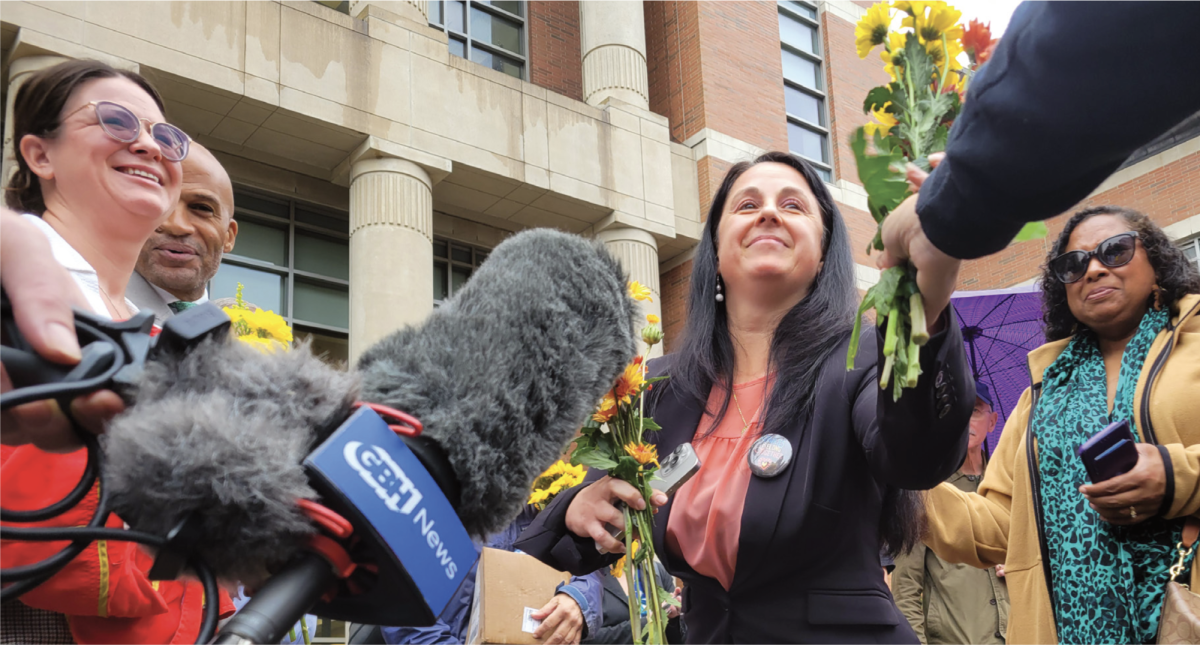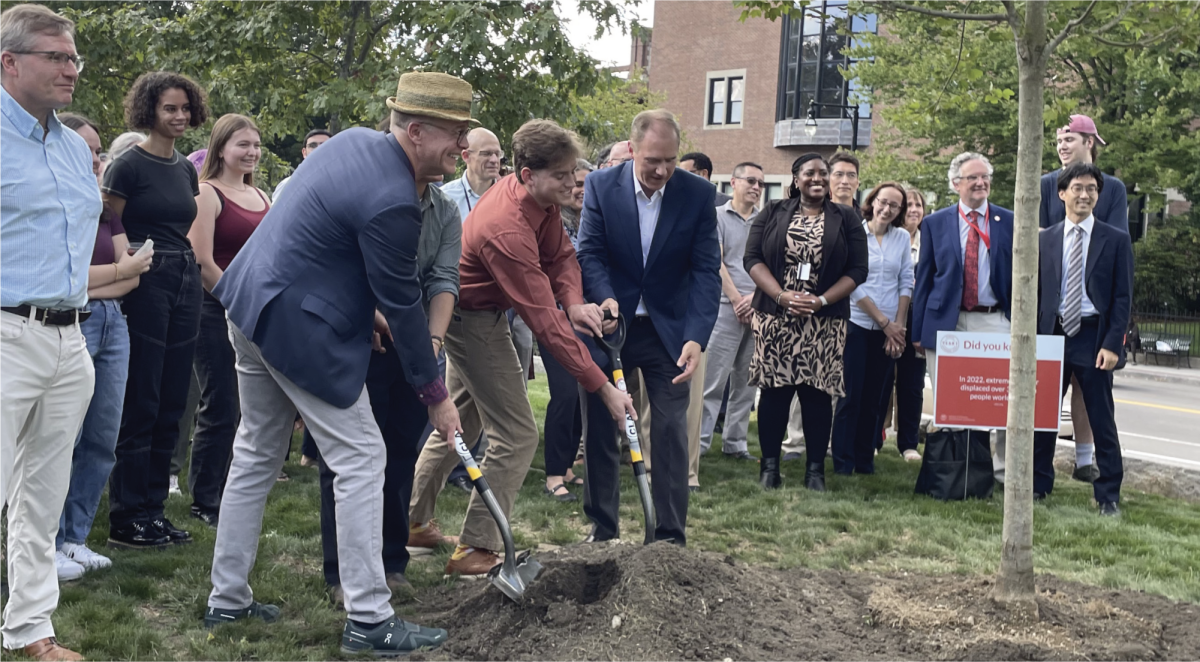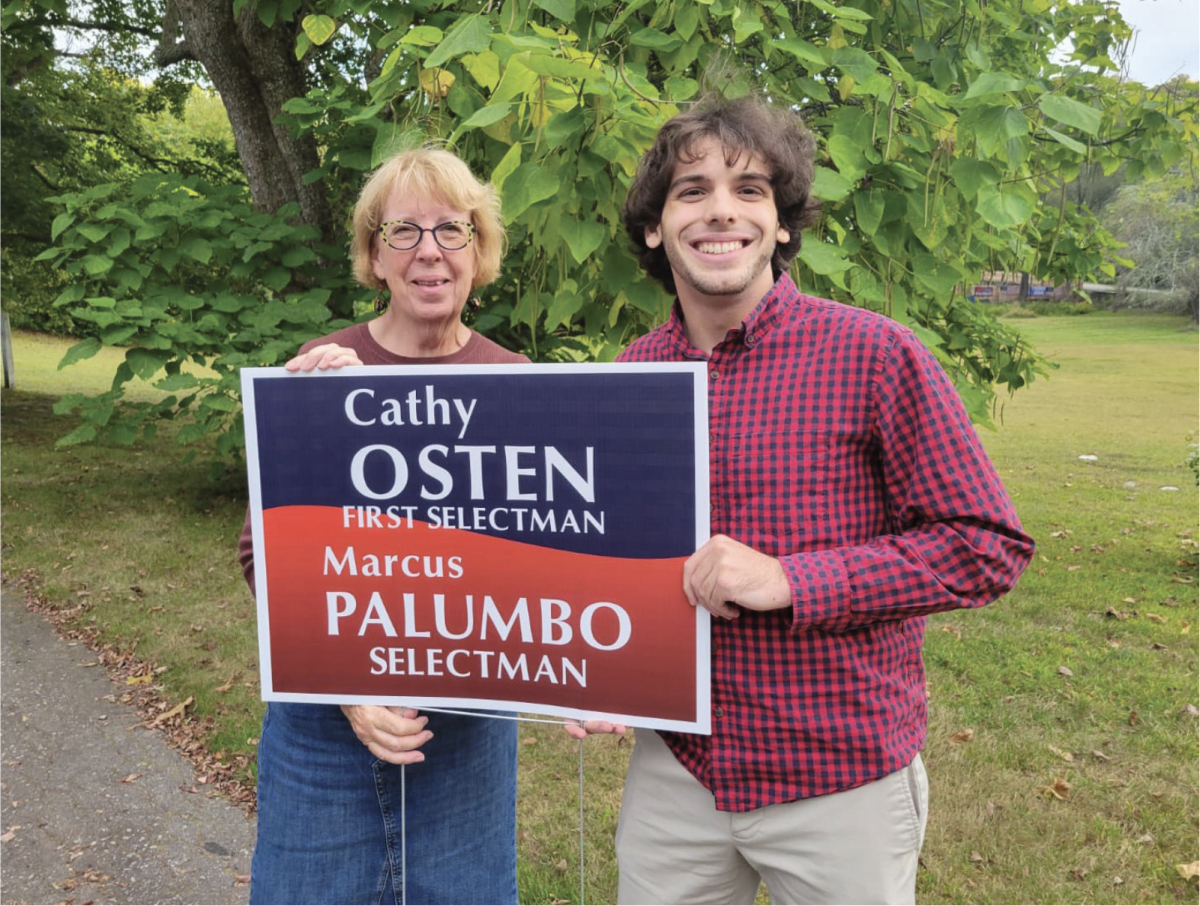For the past several years, Clark University’s Center for Counseling and Personal Growth (CPG) has offered a variety of support groups for its students. The support groups CPG offers are re-evaluated for each semester.
Shawn McGuirk, Assistant Director for Outreach and therapist at CPG, runs the support groups on campus. According to McGuirk, as opposed to individual counseling sessions one might have with a therapist, support groups are gatherings of people that share an affinity for a particular topic. The purpose of meeting as a group is to exchange ideas and discuss topics of interest.
“It’s really an opportunity for students to meet with other students over a particular topic,” McGuirk said in an interview with The Scarlet. “And it’s a way for students to connect to one another as opposed to the individual therapy, where it’s just one-on-one.”
“There’s a connection that’s made from one student to another that I think is really important; individual therapy is important in and of itself,” he continued. “But to be able to connect and have conversations with other like-minded students…students who are experiencing similar issues can share different ideas and strategies over how to best work through [them,]” he said. “Peer-to-peer conversation…can really be important regardless of the topic.”
McGuirk is not the only staff member at CPG who works with student support groups. Other CPG therapists, including professional staff and interns, participate depending on the group. They also aren’t new. McGuirk, who has worked at CPG for six years, has been running support groups at Clark since then. This includes the COVID-19 pandemic, when interest in these groups waned.
According to McGuirk, although COVID-19 increased the need for support groups, especially to maintain social conditions during lockdowns, the interest in them decreased sharply. He suspects that this is because groups were forced to be conducted online over Zoom. Connections were harder to make online.
“And then since…we returned after COVID, we just haven’t seen the interesting groups that we’ve seen in the past, though, and…talking with colleagues, that’s pretty consistent on any number of campuses,” McGuirk said.
“But interestingly enough, pre-COVID we never had trouble filling our group spaces,” he continued. No matter what group it was that was running pre-COVID, we always had enough students to run a group.”
In response, CPG has begun running groups to increase social skills and form connections between Clark students. Making Connections is one such support group, but Without Limits, a support group for students who identify as neurodiverse, also lists this as a focus.
“If we continue to offer different groups over and over and over again, then the hope is at some point that the interest will pick back up like it was pre-COVID,” he concluded.
The groups offered each semester are determined by CPG employees but evaluated based on student interest. The BIPOC Healing Space has run consistently over the years due to consistent student interest. Meanwhile, Grief Relief was offered in the Spring 2023 semester but not in the Fall 2023 semester. A new support group for those considering a substance-free lifestyle, Serenity Without Substances, is new in the Fall 2023 semester.
According to communications from CPG, other support groups that were offered this semester include Breaking Free from Anxiety, Student Support Network (SSN) for students seeking to support their peers in times of distress, and the Alphabet Soup Group for members of the LGBTQ+ community.
McGuirk says he is open to student communication about the support groups offered next semester, including if a student is open to running a group of their own.
“We’re always open to student feedback,” he said. “So, if a student is looking for a particular group to run, if they’re looking or hoping that a group is changed in some way, shape, or form, we’re always looking for that feedback so that we can better meet the needs of our students.”
Students who sign up for and attend any preliminary meetings of support groups at Clark will begin by getting to know one another through icebreaker activities and setting expectations for the group. The therapist from CPG who runs the group will often proceed with an overview of general group proceedings for each meeting. There is typically an introduction of the topic that will be the support group’s focus over the semester.
At the end of the semester, students involved in a group will be asked to perform an evaluation. This evaluation is meant for CPG staff to determine whether the groups should be offered again the next semester, altered in some way, or if it should not be offered. In general, McGuirk says, students who attend support groups tend to offer positive feedback despite the low enrollment levels in such groups. He says this is due to student connections that are not possible in individual therapy.
“That’s something that you’re not going to get in individual therapy, because if I’m talking with a student one-on-one, they’re of course going to get my perspective,” he explained. “I’m going to get their perspective, but we’re missing out on what other students might be experiencing and what their different thoughts are, and perspectives are, and whatever the topic might be.”
“So as far as they’re being [of] benefit, our students are sharing with us that there’s great benefit to groups,” he continued. “It’s just a matter of trying to get as many students to a group as we possibly can.”
McGuirk asserts the importance of support groups among students to maintain peer-to-peer communication.
“My hope is that we get students interested in groups,” he said. “If there’s a group that a student is interested in and we’re not running it, then please let us know and it’s something we might be able to do either that semester or in future semesters.”


